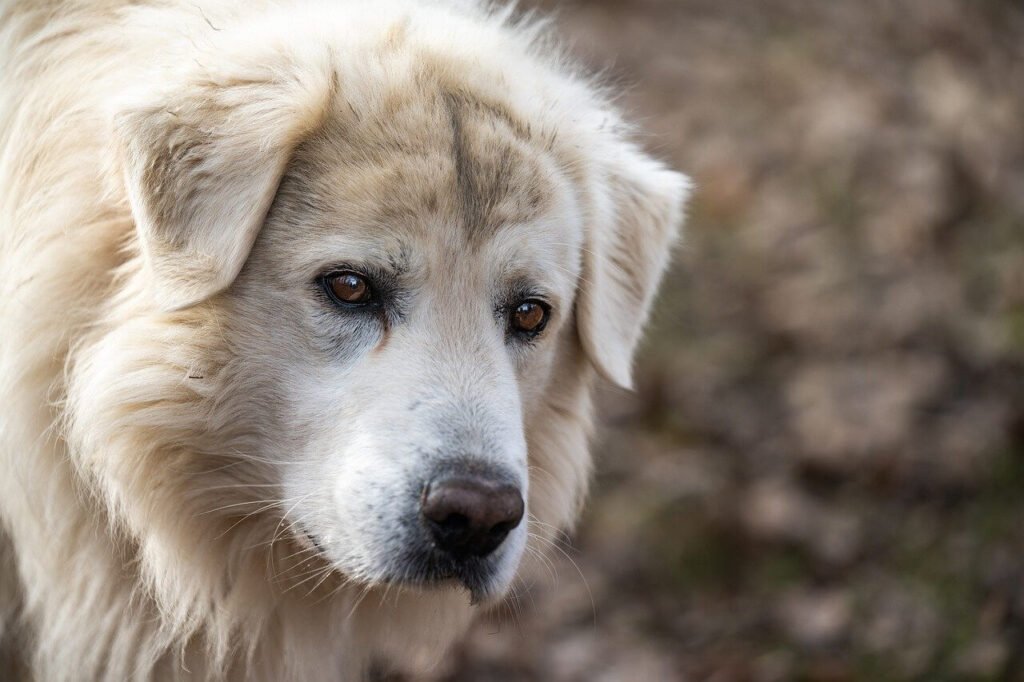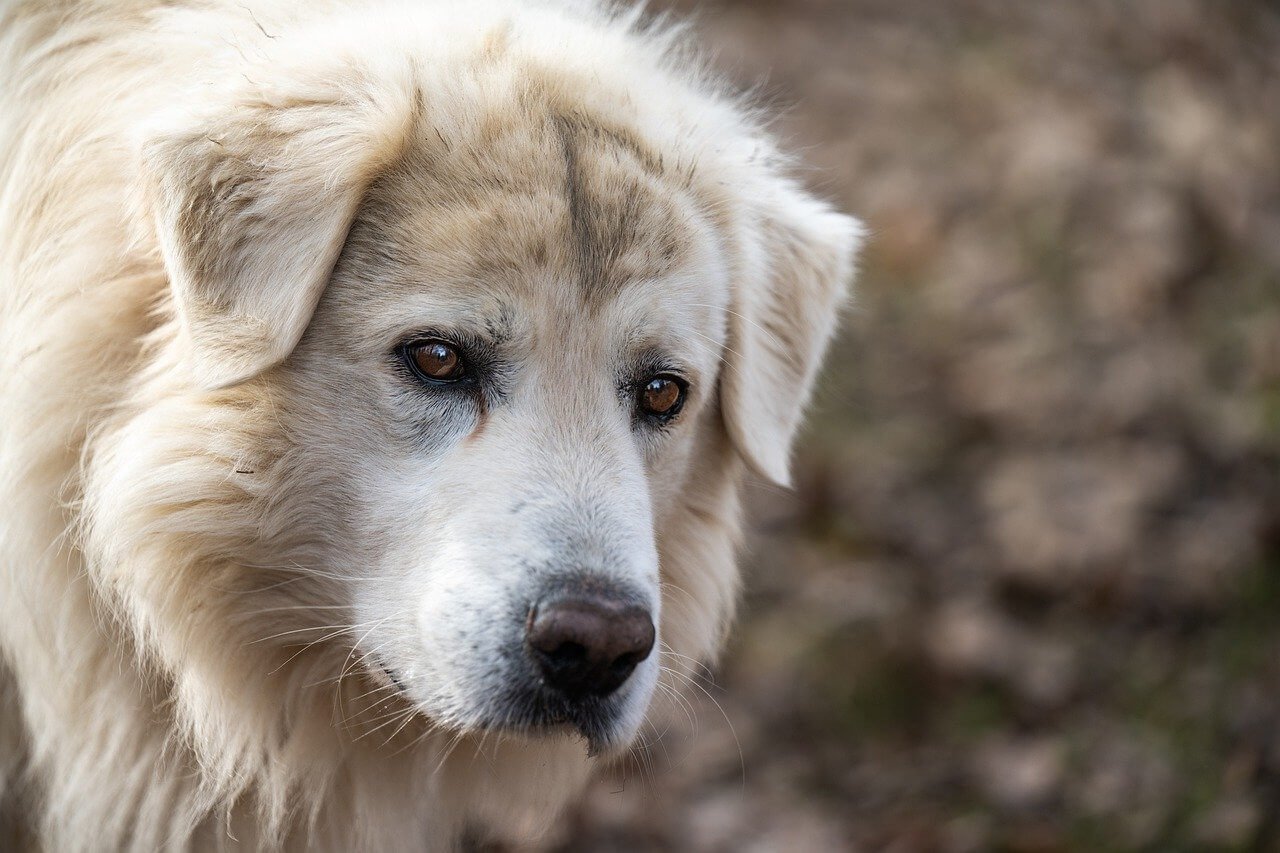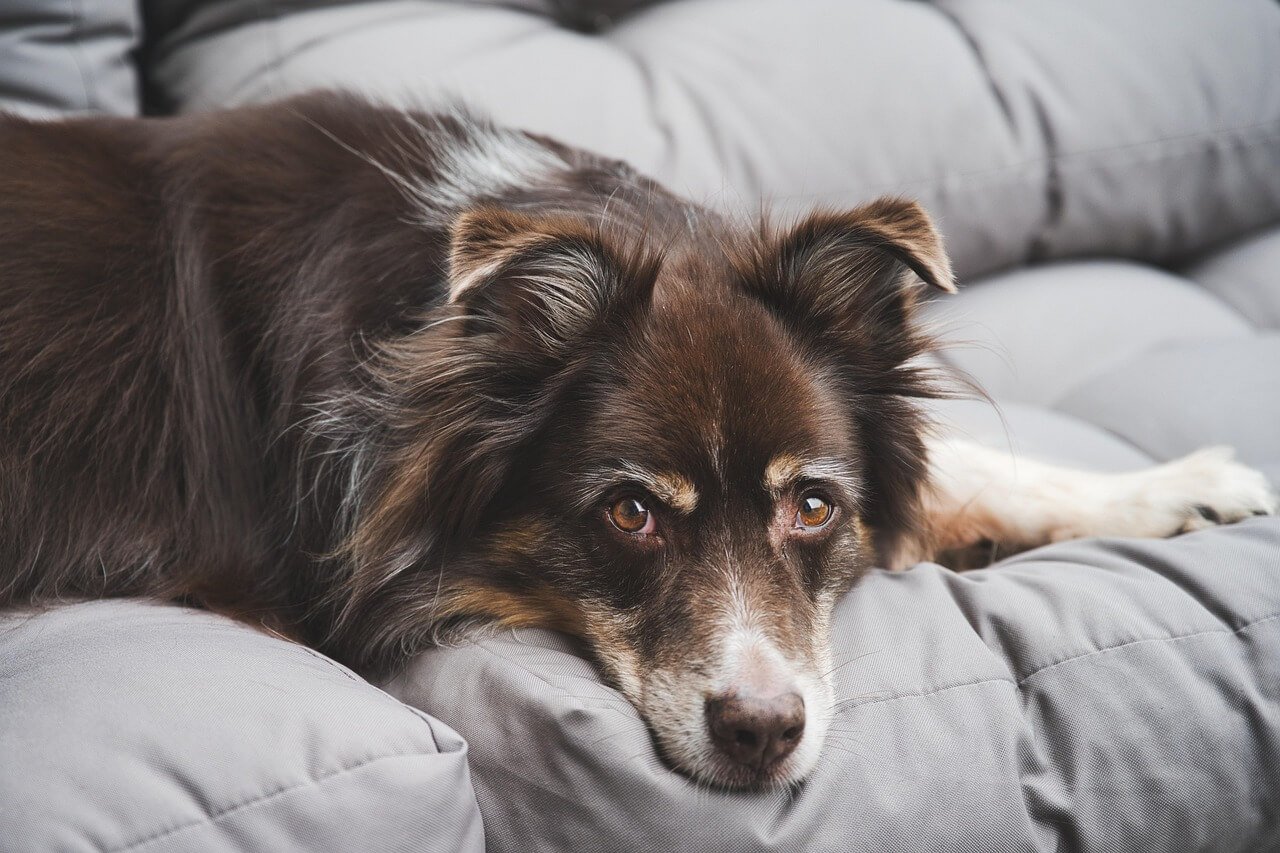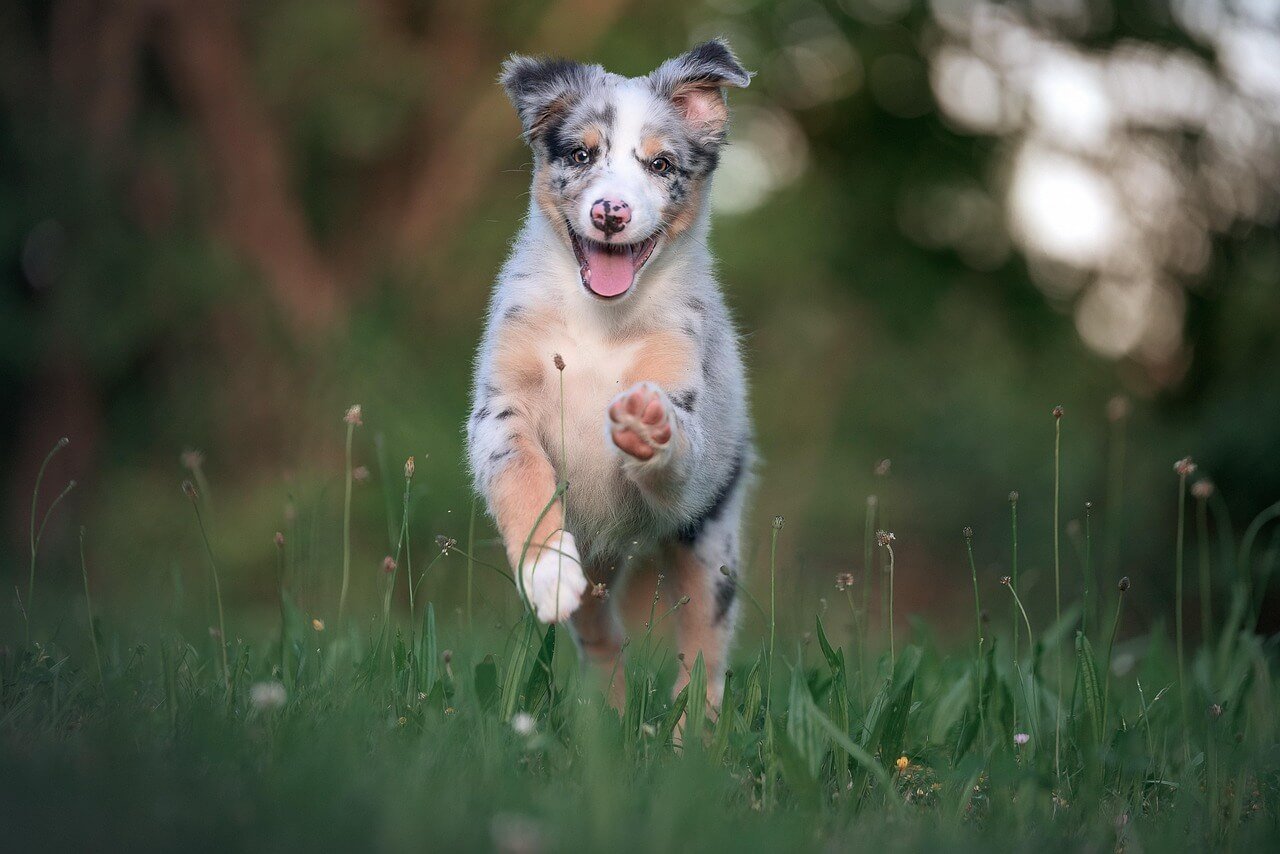Understanding Why Your Dog Whines After Surgery
Dogs are resilient creatures, but even they have moments of vulnerability. One such moment is after surgery, when their bodies and minds are healing from the trauma of an operation. If you’ve noticed your dog whining after surgery, it’s natural to feel concerned. However, understanding why this happens can help you provide better care and comfort during their recovery period. In this article, we’ll explore the reasons behind post-surgical whining, how to address it, and ways to ensure your furry friend feels safe and supported.
Common Reasons Why Dogs Whine After Surgery
Post-surgical whining in dogs can stem from a variety of factors. Here’s a breakdown of the most common causes:
Pain or Discomfort
Surgery often leaves dogs sore, and whining can be their way of expressing physical discomfort.Anxiety or Stress
The unfamiliar environment of a veterinary clinic or changes at home may cause anxiety, leading to vocalization.Medication Side Effects
Some medications prescribed after surgery can alter mood or behavior, making dogs more vocal than usual.Seeking Attention
Dogs may whine as a way to communicate their need for companionship or reassurance during recovery.Confusion or Disorientation
Anesthesia and pain medications can temporarily affect a dog’s cognitive function, causing confusion that manifests as whining.
Understanding these potential triggers is key to addressing your dog’s needs effectively. By identifying the root cause, you can take steps to alleviate their distress and promote a smoother recovery process.
How to Comfort Your Dog During Recovery
Once you’ve identified why your dog might be whining, the next step is providing comfort and support. Here are some practical tips to help soothe your pup:
Create a Calm Environment
Reduce noise and activity levels in your home to minimize stress for your recovering dog.Offer Gentle Physical Contact
Petting or gently stroking your dog can provide reassurance without causing additional pain.Use Soothing Sounds
Playing soft music or white noise can help calm anxious dogs and drown out unsettling household sounds.Provide Mental Stimulation
Offer puzzle toys or interactive games (if approved by your vet) to keep your dog entertained while resting.Establish a Routine
Consistent feeding, walking, and sleeping schedules can give your dog a sense of normalcy during recovery.
By implementing these strategies, you can create a supportive atmosphere that helps your dog feel secure and less inclined to whine unnecessarily.
Check this guide 👉Top 5 Best Dog Recovery Suits for Accelerated Healing!
Check this guide 👉How to Get a Dog to Stop Whining: Best 7 Expert Tips!
Check this guide 👉Why Is Your Dog Crying? 7 Tips to Stop Whining & Anxiety!

Signs Your Dog May Be in Pain | Ways to Alleviate Pain |
|---|---|
Excessive licking near the incision site | Administer prescribed pain medication as directed by your vet |
Restlessness or inability to settle down | Provide a comfortable bed away from drafts or direct sunlight |
Loss of appetite or refusal to eat | Offer small portions of bland food like boiled chicken or rice |
Panting or rapid breathing | Keep the room cool and ensure proper hydration |
Reluctance to move or walk | Limit strenuous activities and encourage gentle movement |
When to Contact Your Veterinarian
While some whining is normal after surgery, certain behaviors warrant immediate attention. Keep an eye out for these red flags:
Persistent Whining Despite Comfort Measures
If soothing techniques don’t reduce whining, there may be an underlying issue requiring professional evaluation.Excessive Bleeding or Swelling
Any unusual discharge or swelling around the surgical site should be checked promptly.Refusal to Eat or Drink for Over 24 Hours
Dehydration and malnutrition can hinder recovery, so consult your vet if your dog stops eating or drinking.Lethargy Beyond Normal Fatigue
Extreme weakness or unresponsiveness could indicate complications from surgery or anesthesia.Aggressive Behavior Toward Humans or Other Pets
Sudden aggression may signal severe pain or fear, necessitating urgent intervention.
Prompt communication with your veterinarian ensures any complications are addressed swiftly, safeguarding your dog’s health.
Preventive Measures Before and After Surgery
Taking proactive steps before and after surgery can significantly reduce post-operative whining and stress. Consider these preventive measures:
Prepare a Recovery Space in Advance
Set up a quiet, cozy area where your dog can rest undisturbed.Follow Pre-Surgery Instructions Carefully
Adhering to fasting guidelines and other pre-op requirements minimizes risks during the procedure.Administer Medications on Time
Stick to the prescribed schedule for pain relief and antibiotics to prevent discomfort or infection.Monitor Activity Levels Closely
Restrict jumping, running, or playing until your vet clears your dog for regular exercise.Schedule Follow-Up Appointments
Regular check-ins with your vet allow for ongoing assessment of your dog’s progress.
These simple yet effective measures can make a world of difference in your dog’s recovery journey.
Subtle Signs of Pain in Dogs
While dogs may not always vocalize their discomfort, they often exhibit subtle signs that indicate pain or distress. Recognizing these cues can help you address issues before they escalate.
Excessive Licking or Chewing
Dogs frequently lick or chew areas that feel irritated, such as surgical incisions or sore limbs.Changes in Posture or Gait
A hunched back, stiffness, or limping can signal physical discomfort.Increased Agitation or Restlessness
Pacing, panting, or inability to settle down may point to underlying pain.Withdrawal from Social Interaction
If your normally affectionate dog avoids contact, it could be due to pain or emotional stress.Reluctance to Be Touched
Flinching or growling when touched might indicate sensitivity in certain areas.
By paying attention to these subtle signs, you can intervene early and ensure your dog receives the care they need to recover comfortably.
Building Trust During Recovery
Recovery is not just about physical healing; it’s also an opportunity to strengthen the bond between you and your dog. Building trust during this time can make the process smoother for both of you.
Speak in a Calm and Reassuring Tone
Gentle words can help soothe anxiety and convey safety.Reward Good Behavior with Treats or Praise
Positive reinforcement encourages cooperation and builds confidence.Maintain Consistent Routines
Predictability helps reduce stress and fosters a sense of security.Spend Quality Time Together
Simply sitting near your dog or engaging in quiet activities strengthens your connection.Avoid Forcing Physical Contact
Allow your dog to initiate closeness, respecting their boundaries while they heal.
By focusing on trust and communication, you create a supportive environment that aids in your dog’s emotional and physical recovery.
Managing Medication Side Effects
Medications prescribed after surgery can sometimes lead to side effects that contribute to whining or unusual behavior. Understanding how to manage these effects is crucial for your dog’s comfort.
Monitor for Gastrointestinal Upset
Vomiting, diarrhea, or loss of appetite may occur with certain medications.Watch for Behavioral Changes
Some drugs can cause lethargy, agitation, or hyperactivity in dogs.Keep Hydration Levels in Check
Ensure your dog drinks enough water, especially if medications cause dry mouth or dehydration.Administer Medications with Food (if allowed)
Feeding alongside medication can reduce stomach irritation and improve absorption.Report Adverse Reactions Immediately
Notify your vet if side effects persist or worsen over time.
By staying vigilant and proactive, you can minimize medication-related discomfort and support your dog’s overall recovery journey.
Frequently Asked Questions About Dog Whining After Surgery
Is it normal for my dog to whine after surgery?
Yes, mild whining is common due to pain, anxiety, or disorientation caused by anesthesia and medications.
How long will my dog continue to whine?
Most dogs stop whining within a few days as they adjust to being home and begin healing.
Should I punish my dog for whining?
No, punishment can increase stress and worsen the behavior. Instead, focus on comforting and reassuring them.
Can I give my dog over-the-counter painkillers?
Never administer human medications without consulting your vet, as they can be toxic to dogs.
What if my dog won’t stop whining despite trying everything?
Contact your veterinarian immediately to rule out complications or adjust treatment plans.
upporting Your Dog Through Post-Surgical Recovery
Recovering from surgery is a challenging time for both pets and their owners. While whining is a natural response to the stress and discomfort associated with the procedure, understanding its causes and addressing them compassionately can ease your dog’s transition back to health. By creating a nurturing environment, staying vigilant for signs of trouble, and maintaining open communication with your veterinarian, you can ensure your beloved companion heals happily and fully. Remember, patience and empathy go a long way in helping your dog feel loved and secure during this critical period.
Dog Scared of Cars: Best 7 Expert Tips! Discover effective strategies to help your dog overcome car-related fears and build confidence safely.
How to Teach Your Dog to Clean Up Toys: Best 7 Tips! Discover easy steps and expert advice to train your dog effectively. Transform playtime into cleanup fun!
Food for Dogs with No Teeth: Best 7 Expert Tips! Discover soft, nutritious meal ideas and feeding strategies to keep your toothless pup healthy and happy. Perfect for seniors!
Where Is the Expiration Date on Dog Food? Best 7 Tips! Discover expert advice on finding, understanding, and managing dog food expiration dates to keep your pet safe and healthy.





